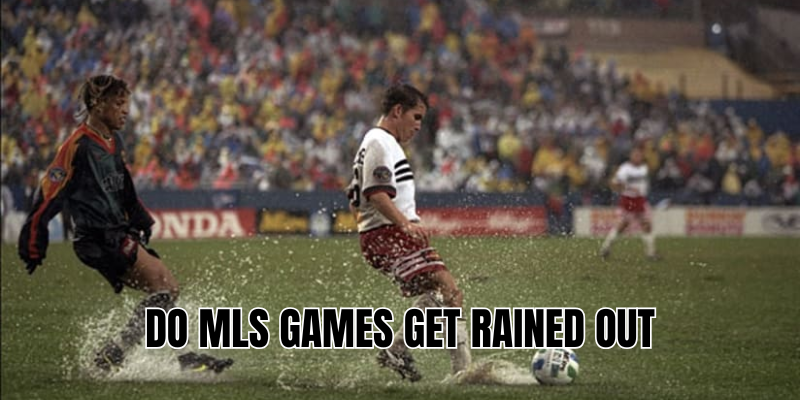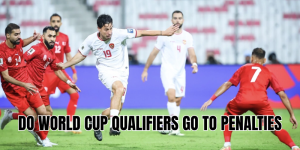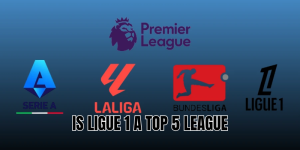In MLS, the question “do MLS games get rained out” is very real—and yes, they do, but only under certain conditions. Light or moderate rain typically won’t stop a match, but if conditions pose a safety threat—for players, fans, or the venue—games can be delayed, suspended, or postponed. Let’s join MatsuGoal to dig into exactly how this works, what triggers these decisions, and what fans can expect when the skies open up.
What is the MLS policy on rain and weather delays
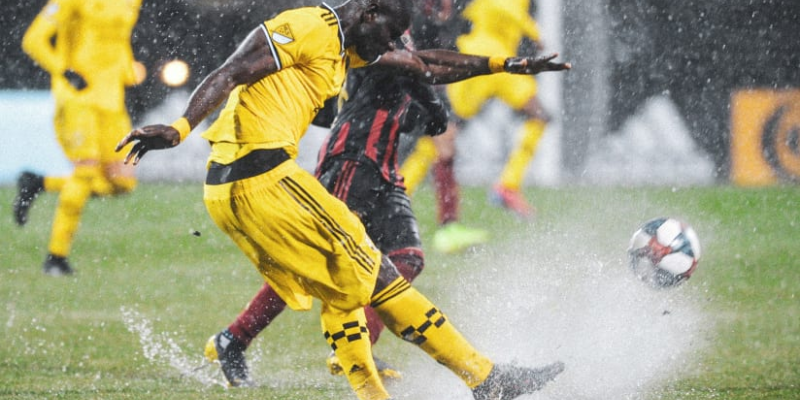
MLS has established rules (its Match Delay, Suspension, Postponement, Cancellation and Forfeiture Policy) that allow for games to be delayed or postponed when circumstances (like weather) make it unsafe to start or continue play.
Some key points of the policy:
- Who decides: The League Office has the sole discretion whether to delay, suspend, or postpone a match. Referees and match officials play roles, but final authority lies with MLS.
- Before kickoff vs. during the game: If a match is postponed before kickoff (but after rosters are submitted), the teams can adjust rosters for the new date. If postponed during play, it restarts from the same moment (free kick, throw-in, etc.).
- Safety first: The policy mentions threats to safety and well-being of participants or spectators. That could mean lightning, flooding, high winds, or unplayable field conditions.
What kinds of weather can force delays or postponements
Rain alone isn’t always enough. Here’s what usually causes MLS to call things off or delay a match:
- Lightning and thunderstorms: These are big red flags. If lightning is within a certain distance, matches can be delayed or suspended until it’s safe.
- Flooding / severe rainfall: If rain causes water to pool on the pitch so that the ball doesn’t roll properly, or endangers footing, the match might be postponed. We’ve seen cases (ike Austin FC vs LAFC) where flooding in the area forced postponement.
- High wind or other extreme elements: Very strong winds (e.g. over 60 mph), extreme heat/humidity, solar radiation, etc., may trigger delays. New York Red Bulls)
Real-world examples
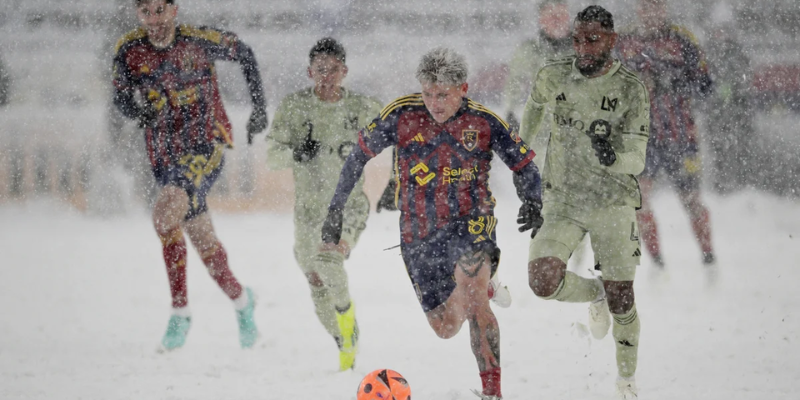
It helps to see MLS weather disruptions in real situations:
- Austin FC vs LAFC (July 2025): Postponed due to severe weather and flooding in Central Texas. Decisions made with local authorities.
- Seattle Sounders vs Philadelphia Union (March 2024): Match suspended due to inclement weather, later rescheduled.
- Long weather delays: There are many instances where matches were delayed by rain and lightning (e.g., 90-minute delay between St. Louis City and Colorado Rapids) rather than outright cancellation.
What happens when a game is postponed or delayed
Knowing what follows helps fans, players, and media understand how things get resolved.
- Rescheduling: If postponed before kickoff, a new date & time will be set. Sometimes it’s easy, sometimes very complicated due to tight scheduling.
- Ticket policy: Generally, tickets for the original match remain valid for the rescheduled match. If you can’t attend the new date, clubs usually have policies for refunds or exchanges.
- Match restart rules: If the game was underway when suspended, when it resumes, it picks up from the minute and situation (free kick, corner, etc.) where it stopped. Rosters are usually frozen.
- Disciplinary matters: Yellow/red cards, suspensions, player eligibility usually carry across as if the match was played as scheduled.
How often do MLS games actually get rained out or postponed
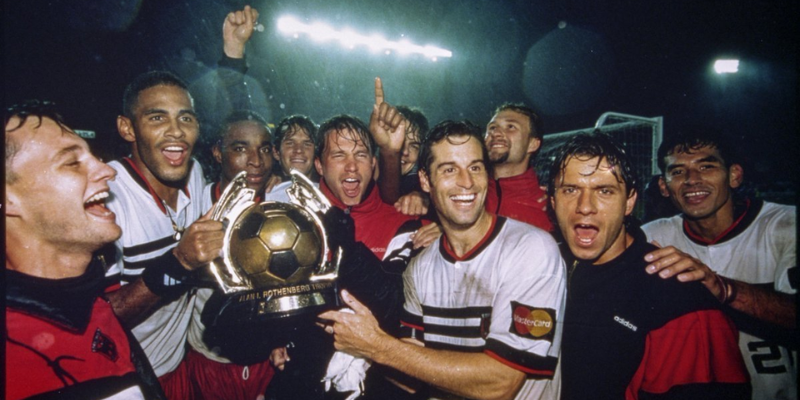
“Rained out” in the full sense is relatively rare in MLS. Most matches proceed even with heavy rain, unless conditions become unsafe. Key trends:
- Many more weather delays or suspensions than full postponements. Heavy rain might cause a long break, but play often resumes.
- Postponements often tied to extreme weather events (storms, lightning, flooding), not just ordinary rain.
- Matches in stadiums with good drainage and infrastructure handle rain better, lowering the risk of postponement unless something more serious happens.
Should fans prepare differently on matchday
If you’re heading to a game and it looks like rain could show up, here’s what to keep in mind:
- Check official announcements from MLS or the club on game day—social media, club websites. If weather worsens, info usually released early.
- Get waterproof gear: Even if game isn’t cancelled, rain, wind, or delayed starts can mean a soggy wait.
- Arrive early: If you get delayed arriving, postponement could happen before kickoff, depending on field inspections.
- Know ticket policy in case of postponement: Will original tickets work later? Can you get refund if you can’t make the rescheduled date?
Conclusion
When it comes to the question do MLS games get rained out, the answer is: yes, but only in serious or unsafe weather conditions. Light or moderate rain? Rarely enough to stop the show. But lightning, flooding, or unplayable pitch conditions? Those are triggers for delays or postponements under MLS rules. MatsuGoal hopes this article gives you clarity and what to expect next time you see dark clouds rolling in before your favorite match.
If you want, I can pull up a list of all MLS games postponed in the last 5 seasons, plus their causes—would that be useful?

